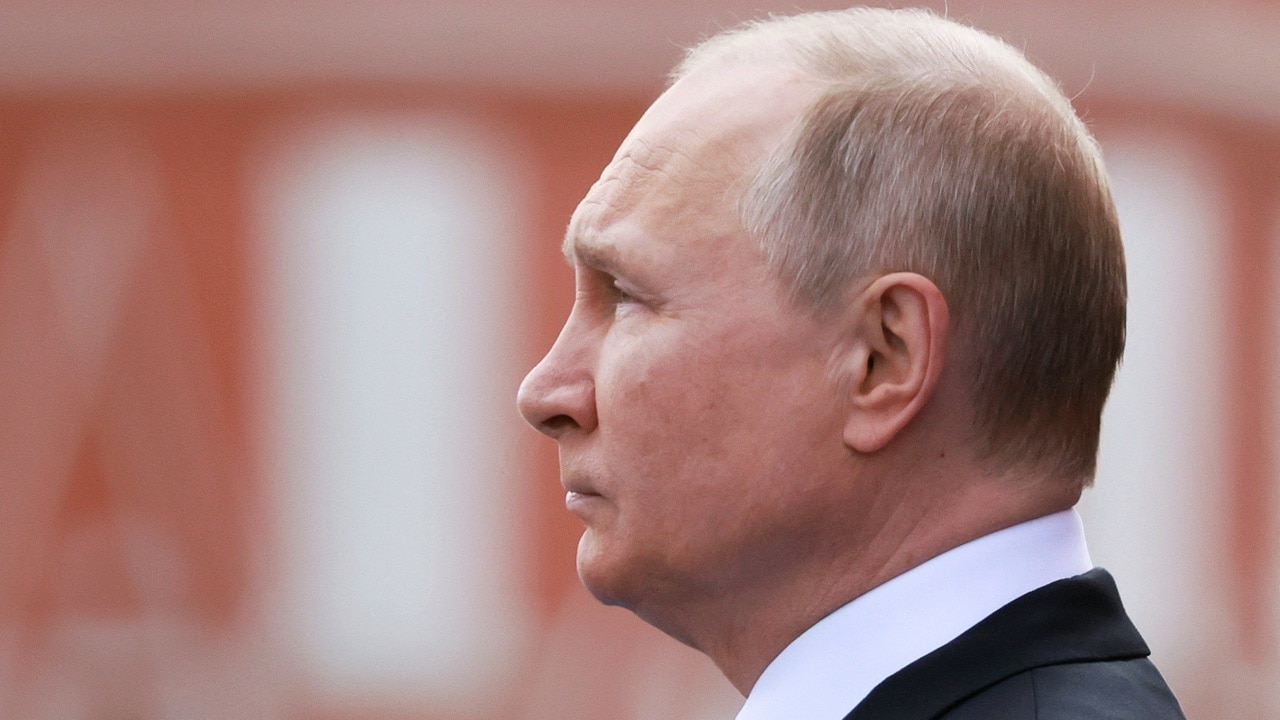Yevgeny Prigozhin, the one-time confidant of Russian President Vladimir Putin who led a brief rebellion against Putin in June 2023, reportedly was on the private jet allegedly shot down with a Russian defense missile while flying over the Tver region, between Moscow and St. Petersburg.
Much will be said about Prigozhin’s colorful life: from restauranteur to Putin person chef to mercenary leader and businessman. Many will say his death does not surprise: no one crosses Putin, an ex-KGB operative, and survives. The real question was whether Prigozhin’s end would come via polonium tea, a high rise elevator shaft, or a surprisingly rickety stair.
What Happens Next in Putin’s Russia?
The question now is what next? Prigozhin inspired loyalty. How else can anyone explain the willingness of nine other people to get on an aircraft with a dead man walking?
There are three possibilities in the weeks to come that will determine Russia’s future.
The first is that Wagner shifts its loyalty to Putin. There has long been analysis that Prigozhin is more the figurehead and investor than the group’s leader. If Wagner leadership lays elsewhere, it may not be a stretch to accept that they might shift their loyalty to Putin. As the late Al Qaeda leader Usama Bin Laden once quipped, “When people see a strong horse and a weak horse, by nature they will like the strong horse.” That logic holds true with Russia. Putin is undoubtedly strong, at least in the sense that he continues to call the shots and others continue to die as a result.
The second is that Wagner dissolves. This is less likely for two reasons: Wagner is a lucrative business. It has taken over the gold mines of the Central African Republic, and may soon get control over Niger’s uranium mines. The group also gives Putin plausible deniability for some of the dirty work he wants done.
The third is the most dangerous for Putin. Prigozhin was not alone in his June 2023 rebellion. Hundreds of battle-hardened Wagner veterans may feel they have no choice but to go to ground and avenge their late leader against the man who almost certainly ordered his death. If Russians worried about Ukrainian drones striking Crimea, Moscow, or other Russian cities, they may have just unleashed the Kraken. Putin may be out of reach as he hides behind the thick walls of his billion dollar-palaces, but not every Russian official is so lucky.
Imagine battle-hardened veterans hunting down policemen, mayors, deputies, and ministers throughout the country. Should Wagner go this route, it will slowly erode the foundation of Russia’s stability and bring a taste of civil war-era Lebanon to the country. Certainly, if Putin cronies begin to drop like flies, the image of invincibility surrounding the Russian leader will fade. The strong horse could become a hobbled pony.
Prigozhin may be dead, but Putin may soon come to rue his legacy.
Author Expertise
Now a 19FortyFive Contributing Editor, Dr. Michael Rubin is a Senior Fellow at the American Enterprise Institute (AEI). Dr. Rubin is the author, coauthor, and coeditor of several books exploring diplomacy, Iranian history, Arab culture, Kurdish studies, and Shi’ite politics, including “Seven Pillars: What Really Causes Instability in the Middle East?” (AEI Press, 2019); “Kurdistan Rising” (AEI Press, 2016); “Dancing with the Devil: The Perils of Engaging Rogue Regimes” (Encounter Books, 2014); and “Eternal Iran: Continuity and Chaos” (Palgrave, 2005).

